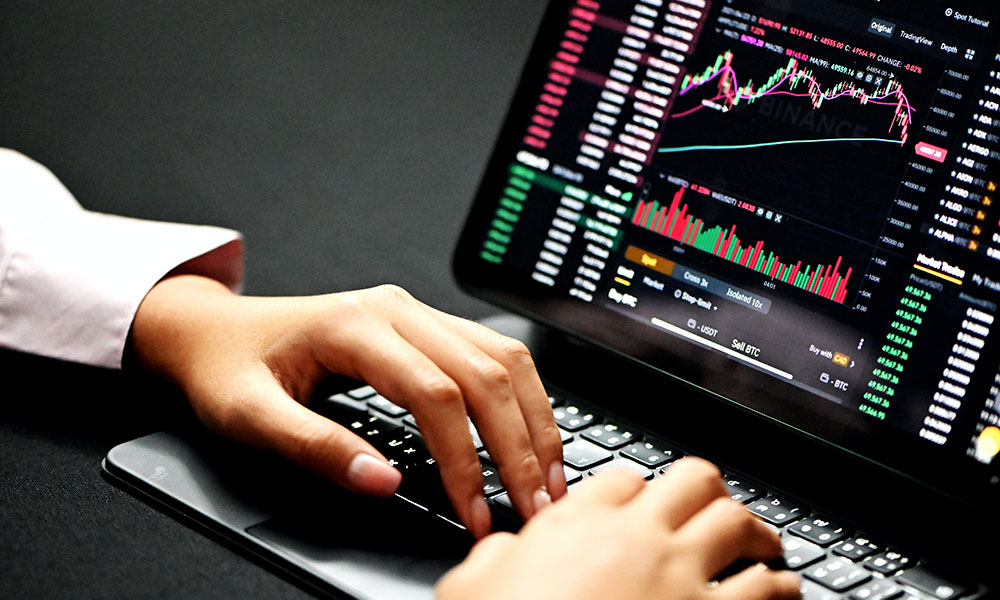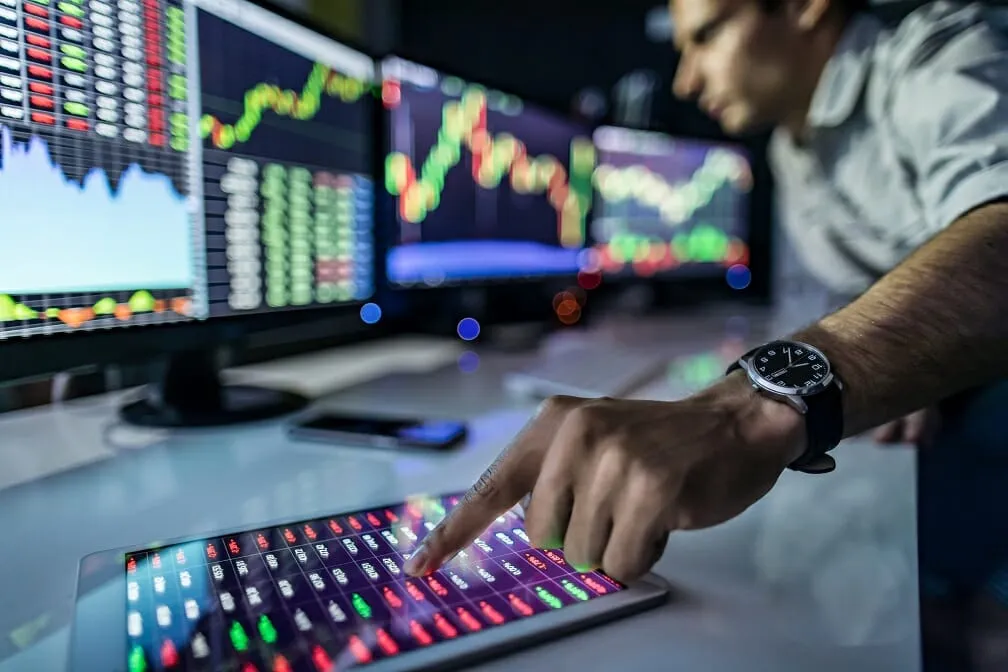Revolutionizing Trading Platforms and Securities with Blockchain Technology

Blockchain technology has emerged as a revolutionary force in the world of trading platforms and securities. Its decentralized and transparent nature has the potential to transform the way financial transactions are conducted, bringing increased efficiency, security, and trust to the market. Let’s explore how blockchain is reshaping the landscape of trading platforms and securities.
The Impact of Blockchain on Trading Platforms
Traditional trading platforms often face challenges related to transparency, security, and speed of transactions. Blockchain technology addresses these issues by providing a decentralized ledger that records all transactions in a secure and transparent manner. This eliminates the need for intermediaries and reduces the risk of fraud and manipulation.
Moreover, blockchain allows for faster and more efficient settlement of trades, as transactions can be executed in real-time without the need for reconciliation between multiple parties. This not only streamlines the trading process but also reduces costs associated with clearing and settlement.
Securities Tokenization and Blockchain

One of the most significant applications of blockchain in the securities industry is tokenization. By representing traditional securities such as stocks, bonds, and derivatives as digital tokens on a blockchain, issuers can streamline the issuance, trading, and management of securities.
Securities tokenization enables fractional ownership, increased liquidity, and quicker settlement of trades. Investors can trade tokens representing securities 24/7, across borders, and without the need for intermediaries. This opens up new investment opportunities and democratizes access to the financial markets.
Enhancing Security and Trust
Blockchain technology enhances security and trust in trading platforms by providing immutable and transparent records of transactions. Each transaction is cryptographically secured and recorded on a distributed ledger, making it nearly impossible for unauthorized parties to alter or manipulate data.
Smart contracts, self-executing contracts with the terms of the agreement directly written into code, further enhance security by automating the execution of trades based on predefined conditions. This reduces the risk of human error and eliminates the need for intermediaries to oversee transactions.
Regulatory Challenges and Opportunities
While blockchain technology offers significant benefits to trading platforms and securities, it also poses regulatory challenges. Regulators are grappling with how to adapt existing laws and regulations to accommodate the unique features of blockchain-based securities.
However, blockchain also presents opportunities for regulators to enhance market surveillance, improve transparency, and reduce the risk of fraud. By leveraging blockchain technology, regulators can access real-time data on trading activities, monitor market trends, and ensure compliance with regulations more effectively.
Blockchain technology is revolutionizing trading platforms and securities by providing a secure, transparent, and efficient way to conduct financial transactions. From enhancing the speed and security of trades to enabling securities tokenization and improving regulatory oversight, blockchain has the potential to reshape the financial industry for the better.





